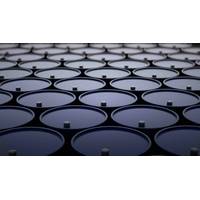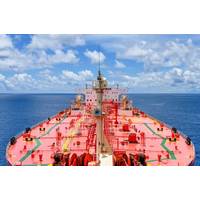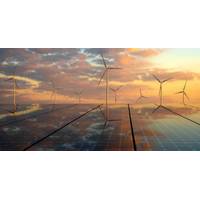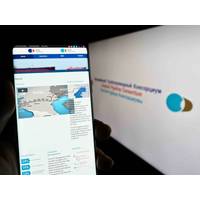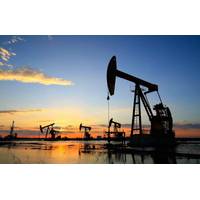Algeria's government sought on Wednesday to ease tensions in its southern provinces, where protests have spread against plans to extract shale gas to compensate for a drop in conventional energy production.
The politically sensitive region is home to the OPEC member state's main oil and gas fields and borders Libya, where a civil conflict is raging, and unstable areas of Mali.
Peaceful protests broke out there several weeks ago after state energy firm Sonatrach started test drilling for gas, raising concerns about the impact of the extraction process - known as hydraulic fracturing, or fracking - on the environment and residents' health.
Plans for fracking, which involves pumping water and chemicals through drill holes to prise open rocks containing gas, have also prompted protests in the United States and parts of Europe over contamination fears.
A senior adviser to Energy Minister Youcef Yousfi said there were no safety issues with the Algerian programme.
"I can reassure all that operations to extract shale gas do not constitute any danger for the population and environment," Ali Hached said on state radio.
Algeria's oil production has not increased for several years mainly due to a lack of foreign investment. In an auction late last year, it awarded only four of 31 oil and gas blocks on offer to overseas consortiums.
Sonatrach believes the north African country has huge non-conventional reserves of hydrocarbons, but a lack of technology and infrastructure as well as the investment lull mean extraction is unlikely to begin for at least five years.
The protest campaign started in the town of In Salah, part of Tamanrasset province, one of Algeria's poorest and the site of the firm's pilot well, before spreading to other southern provinces.
Residents have held almost daily protests, and sporadic demonstrations over jobs and housing have also broken out.
"Shale gas is a red line whether in the south or north," Tahar Belabbes, a leading member of a protest committee told El Khabar newspaper. "The government did not initiate dialogue before approving plans for shale gas."
The leader of the ruling FLN party, Amar Saadani, on Tuesday urged the government to approve more economic and social projects for the south.
Like other states that rely heavily on oil and gas revenues, Algeria is looking for ways to better manage its finances following a 60 percent slump in world oil prices since June.
(Reporting By Hamid Ould Ahmed; editing by Patrick Markey and John Stonestreet)

